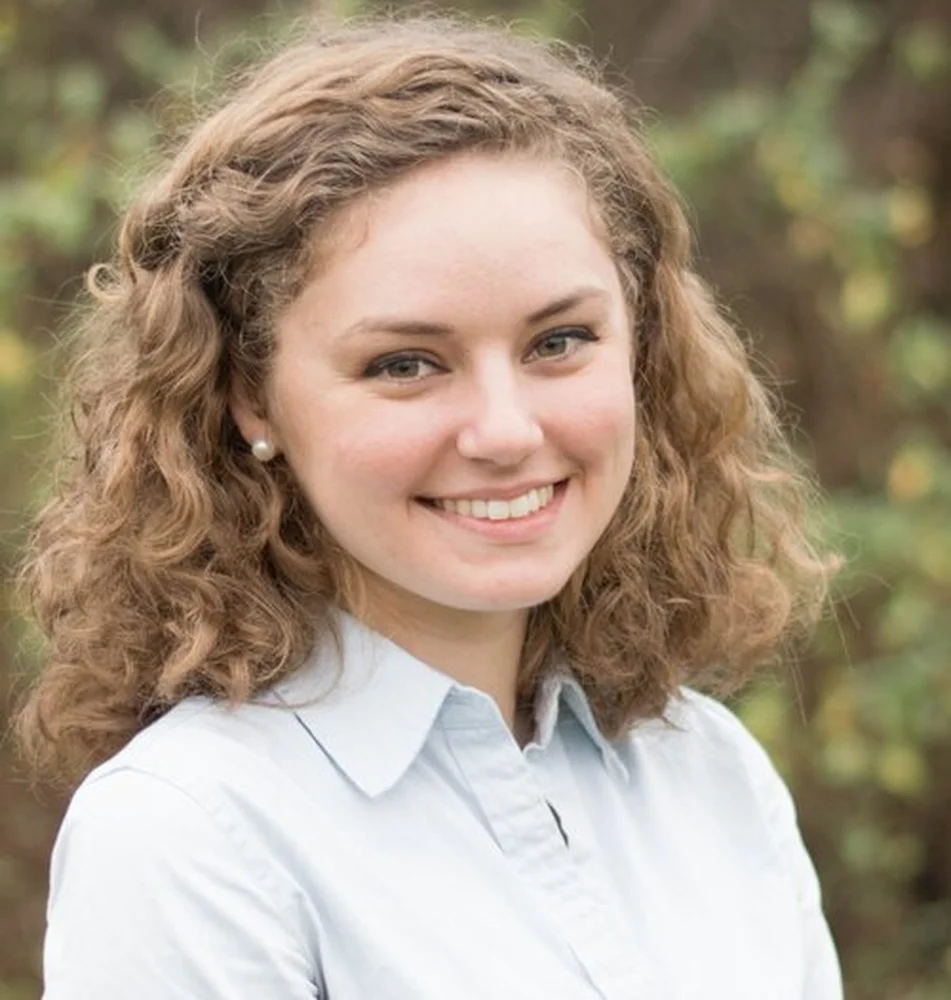
[UPDATE]: Since the time of this interview Emily has also been awarded the campus-wide award for Excellence in Undergraduate Teaching. This represent the highest honor for teaching excellence at the University of Illinois at Urbana-Champaign. We congratulate Emily for this well deserved recognition of her commitment to learning.
Emily Blevins, a PhD student in Clinical-Community Psychology has been chosen to receive the LAS Award for Excellence in Undergraduate Teaching by Graduate Teaching Assistants. The award recognizes Emily's outstanding contributions towards the undergraduate curriculum. We caught up with Emily to ask her about her approach to teaching and what motivates her and her students for success in the classroom.
This interview has been edited for clarity.
Congratulations on being recognized for your excellent teaching. To start us off, could you tell me what courses you've taught?
PSYC 340/341: Advanced Community Projects – Cunningham Childrens’ Home
PSYC 239: Community Psychology
What was the PSYCH 340/341 course was about? What kind of activities did the students do for this project?
The PSYC 340/341 course is a year-long seminar sequence that accompanies the student internship at Cunningham Children’s Home. The students work at CCH 10 hours a week, mostly as aides to the clinical staff, and they also take a once-a-week course that’s essentially didactic. The course covers topics most relevant to students’ internships like childhood trauma; internalizing, externalizing, and developmental disorders; poverty; the foster care system; and juvenile justice.
What are the most enjoyable things for you in teaching these courses?
I enjoy getting to know students and learning about their strengths! I am consistently amazed at students’ wisdom and insight and have found that learning is so much richer when students have a voice in the classroom. My favorite moments in the classroom are probably when there is a lively discussion going on, and the students are engaged and energetic and exchanging experiences and expertise with one another.
What are some of the most rewarding aspects of your teaching?
By far the most rewarding part of teaching is building relationships with students and seeing them grow during our time together. There is nothing more gratifying in teaching than seeing a student develop new skills, knowledge, and confidence and knowing you’ve played a part in that journey.
Is there anything you've done that you feel has been particularly effective in your teaching?
I do my best to get to know students. I learn students’ names, even in classes of 80-90 students. I learn pronouns, who has DRES [Disability Resources & Educational Services] accommodations, who are athletes, who missed last week because their mom is in the hospital. Another strategy that I incorporated during COVID that I’d like to keep is offering last-minute office hours the evening before a big assignment is due. Often the students who need the most support are those turning in the assignments shortly before deadlines, and they often can’t foresee all the questions they’re going to have during class a few days beforehand. So I set up a Zoom call for a couple hours and do work while students drop in and out to ask last minute questions. Those were pretty popular, and I think it speaks to the need to meet students where they are. Hold them to high standards, but ensure they have the resources to meet those standards.
Any other thoughts you might have about your teaching experience?
I don’t know how spectacular my methods are (I’m still so new at this!), but I have witnessed my own tremendous growth over the two years that I’ve taught. I keep a running log of everything I want to do differently the next time I teach, and having that really helps me to cultivate a growth mindset in teaching. For example, if I feel like a class activity fell flat, rather than stew on what a failure it was, I brainstorm different ways to do it next time and put it on my “Next Time” log. As a TA, I don’t have a lot of control over whether I’ll get to teach the class again, but at least I have an outlet to turn missteps into actionable improvements for the future. I either use them myself or share them with the next instructor of the course.